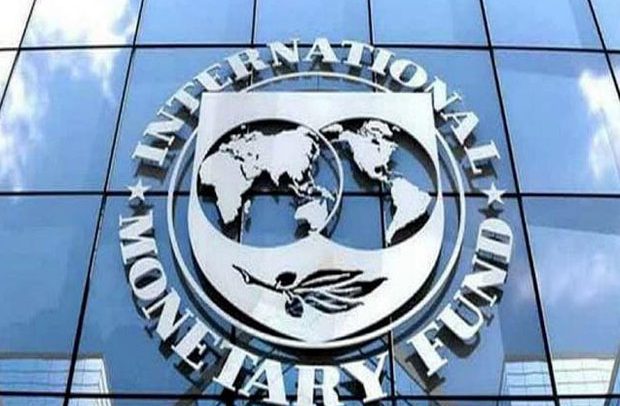Reduce Forex Market Intervention – IMF To Govt
The International Monetary Fund (IMF), has urged the Bank of Ghana (BoG) to reduce its intervention in the foreign exchange market.
The Board, in its fourth review under the Extended Credit Facility Arrangement with Ghana, expressed concern about how the government injects forex to support the cedi against major currencies, instead of allowing market factors to determine the stability of the local currency.
“The Bank of Ghana should maintain an appropriately tight monetary stance until inflation returns to its target, reduce its footprint in the foreign exchange market, and allow for greater exchange rate flexibility by adopting a formal internal FX intervention policy framework,” it stated.
The Fund argues that allowing greater exchange rate flexibility will anchor market expectations and strengthen investor confidence.
The IMF Executive Board on July 7, 2025, concluded its fourth review of Ghana’s ongoing 18th IMF programme, which began in May 2023. Completion of the review unlocks a new disbursement of $367 million, bringing Ghana’s total disbursements under the arrangement to about $2.3 billion.
Although the IMF report on Ghana’s fourth review would soon be announced, the Fund acknowledged that higher gold export earnings, rising remittances, and to a lesser extent, oil revenues have all contributed to the cedi’s recent stability and strength.
Professor Godfred Bokpin, a senior lecturer at the University of Ghana has also called on the Bank of Ghana to reduce its foreign exchange market intervention, affirming earlier warning by the IMF.
According to him, one of the important functions of the market is price discovery, which is caused by the forces of demand and supply which arrives at a price that reflects the true dynamics of the market.
“At the moment, the central bank, being a regulator, is also a dominant player in the market. To a large extent, it has the upper hand in terms of control of FX and how that FX is spilled over onto the market,” he said.
“So, to that extent, the price signaling effect will come all from the central bank rather than the market playing its discovery role, and that is what we are seeing here,” he stated.
He added that the country operates a system where the official rates sit with the Bank of Ghana while the transaction rates are outside the corridor.
Prof. Bopkin therefore stated that the continuous unofficial rates for business transactions will fuel the development of the black market rather than roping in the transactions within the formal sector.
He stated, “If you compare the multiple entries in terms of supply of FX into the market and you compare that to the intervention of the central bank, the weight of the intervention is more on the side of the central bank. But we should allow the tripling in from the forces of demand and supply to settle the real exchange rate.”
A statement signed by the Executive Director of the Institute of Economic and Research Policy Promotion (IERPP), Prof. Isaac Boadi, said it also offered a similar advice to government not to intervene too much in the forex market, and has therefore been vindicated by IMF’s recommendation.
Prof. Boadi further indicated that while such interventions by BoG may make the currency stable in the short term, it distorts market dynamics, encourages cheap imports, and hurts local production.
By Ebenezer K. Amponsah


